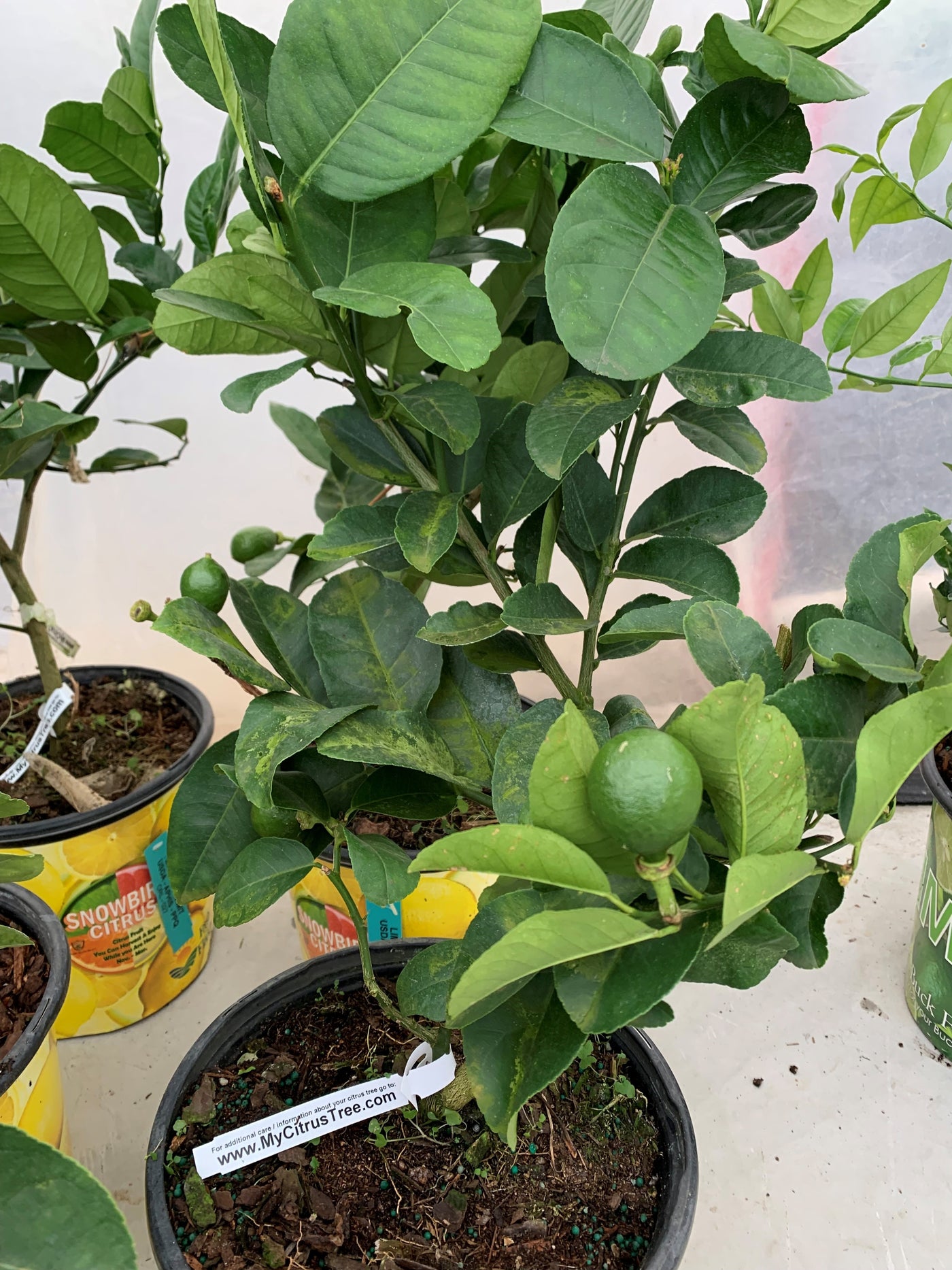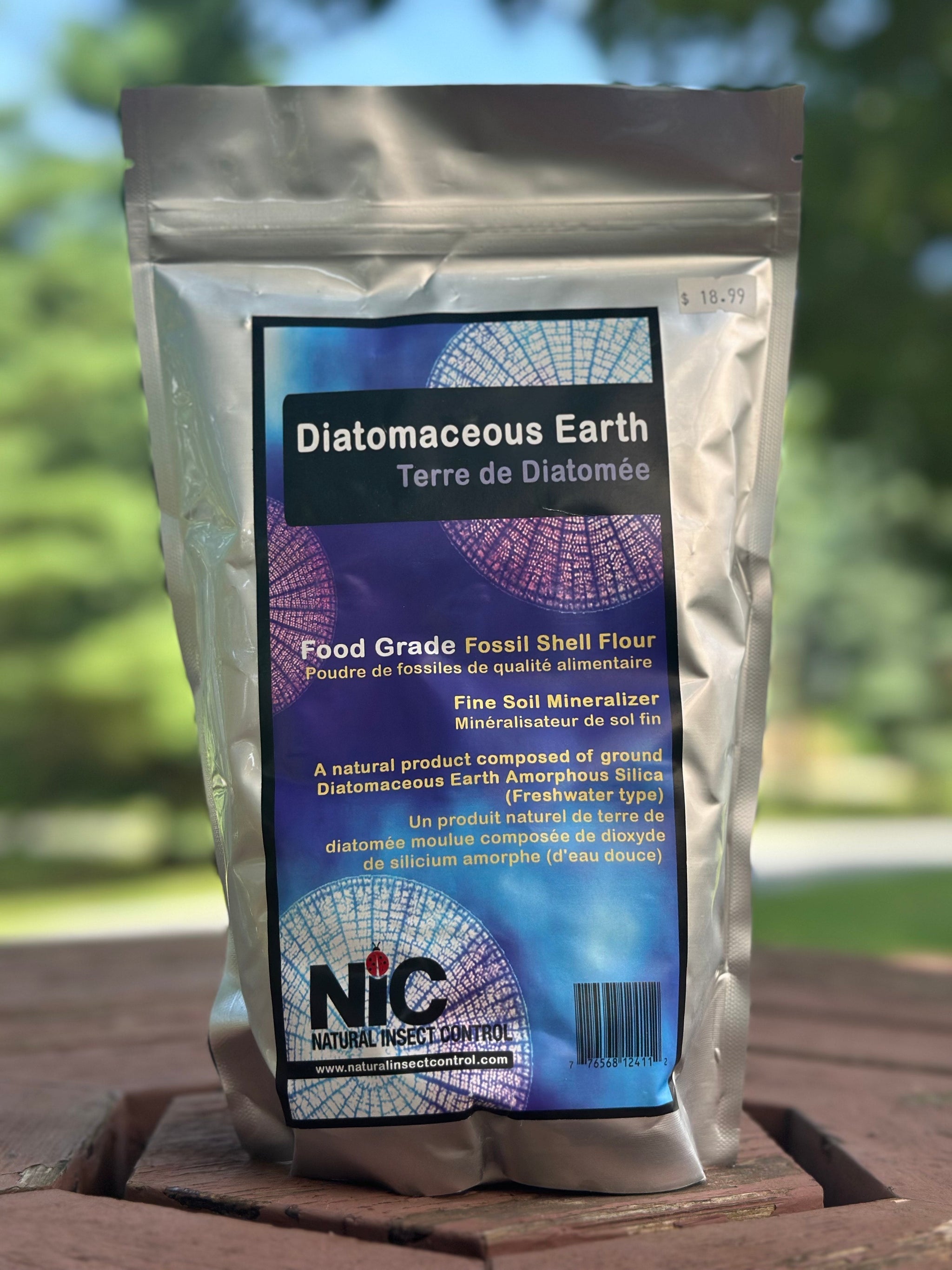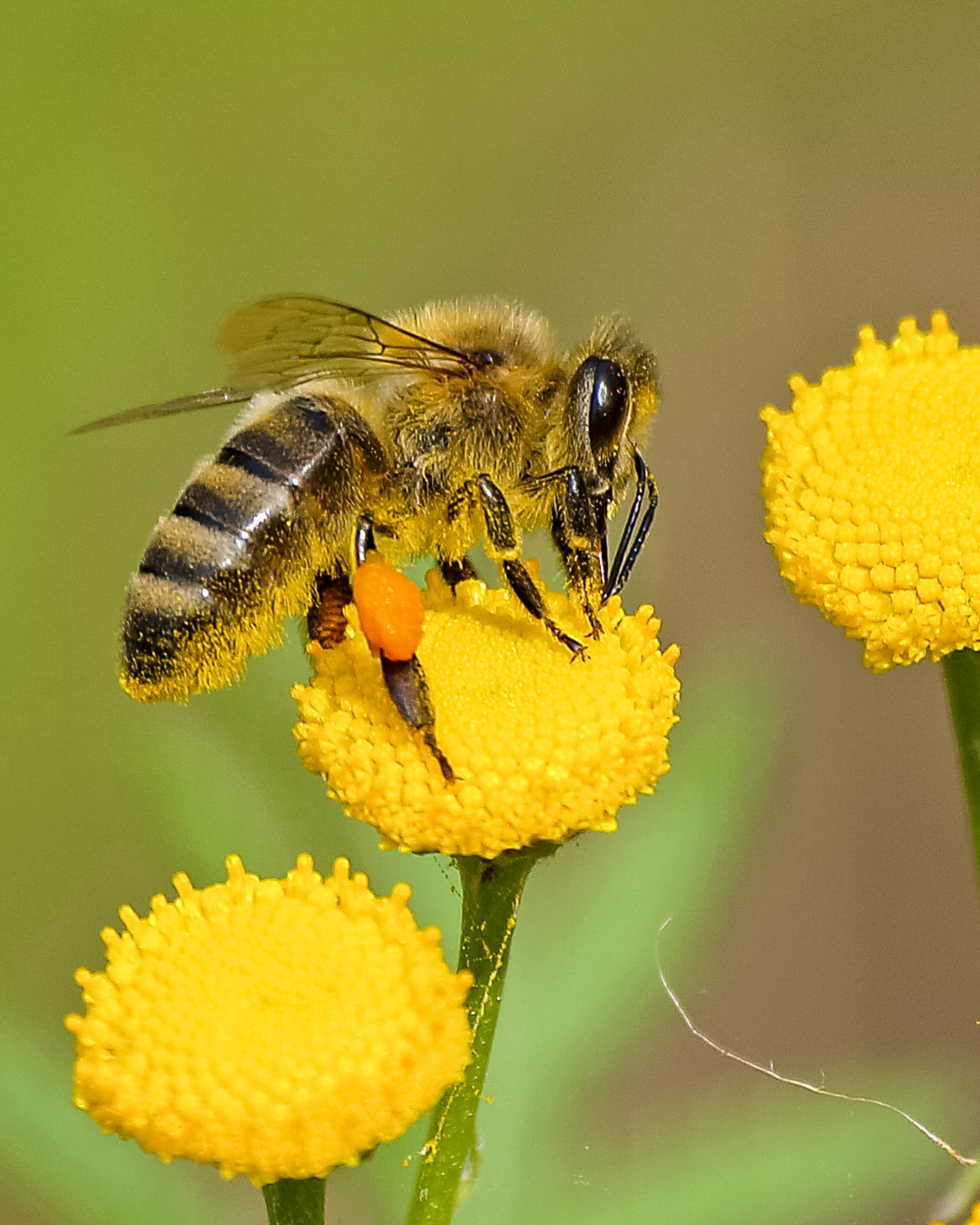
Spring is coming and you have always wanted to try and grow a citrus at home, but have heard that they are finicky tropicals that are hard to be successful with.
Nonsense!
Citrus can be extremely long lived tropicals that can transition from an indoor setting to your outdoor patio and back indoors again come fall. Successful citrus growers at home have learned that the recipe for success lies in applying a few basic growing principles : ample light , warmth and no surprises!
Citrus are plants that want direct light and lots of it. So you first need to consider your indoor space and how much light you can provide as that will be its number one limiting factor for growth. No direct western exposure with minimum 6 hours of light, will lead to sluggish growth, especially in the dark months of the year, often the time of year when your citrus will bloom and set fruit. So find that big window with an open view of the western sky and place our citrus in that room.
Citrus plants need good drainage, and hate 'wet feet' so be sure that the soil mix has about 20% bark so that water can drain well. Adding orchid bark mix to the tropical soil mix is a good way to achieve this.
Citrus like to be deeply watered,to the point that you see water coming out of the drain holes in the bottom of the pot, but never standing in water. Our experience in the home is to water deeply every 7 to 10 days , but again only water when the top inch of soil is dry.
In winter, citrus like to be moisturized as much as your skin does. An easy way to achieve this is to sit your citrus plant pot on a pebble tray with water, but ensure that the water is not so high that the pot is sitting in water. This method will raise the relative humidity around the plant which keeps it happy in our very dry homes in the winter months.
Citrus often start to bud , flower and set fruit in the winter months and they need to have food to support this growth . They like to be fed but keep it gentle. An organic plant food is best for citrus as there are minimal , if any, salts that can affect the plant's metabolism of the nutrition that you are providing. We like the Evolve Liquid all purpose plant food which provides a gentle and easy to metabolise nutrition for plants that are raised in Florida climates quite different than ours. Feed your citrus regularly , even in the winter months, when you are likely not feeding your other foliage houseplants. That would likely mean every couple of weeks at half rate.
Keep citrus in a consistent location and avoid placing citrus near drafts or cold areas. They like consistent temps and the ideal environment is about 16- 18 deg C average . Accordingly in the summer when you want to bring your citrus outside, do not even attempt until the nighttime temperatures are consistently 15 deg C and above. Citrus will drop leaves when they experience any kind of change /shock. They like to keep their environment consistent, that is when they are happiest. Florida grown citrus will always lose some leaves when they arrive in Canadian greenhouses/ homes, just do not make the mistake of overwatering it to compensate for its shedding , that will only make things worse.
Citrus can be extremely satisfying to grow just by understanding some of this plant's 'sweet spots' . We have some lovely budding , fruiting plants in the greenhouse now which means that they could continue to produce small fruit into the summer. Will you be making lemonade out of those lemons this year/


